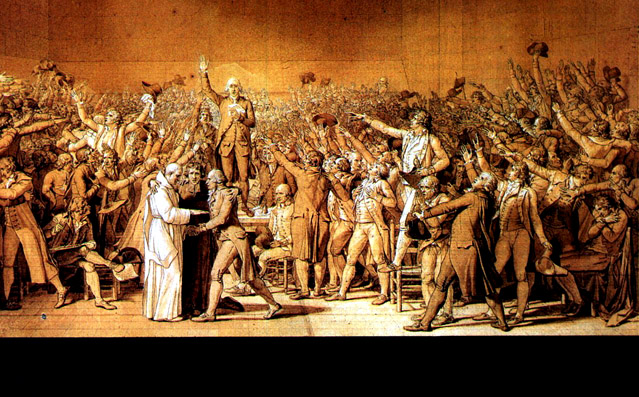

His writings hold up well more than two hundred years later. In later works like A Letter to a Member of the National Assembly (1791), An Appeal from the New to the Old Whigs (1791), and Letters on a Regicide Peace (1795–96), Burke develops that idea further.

He believed the source of those threats was embedded in human nature. Those threats were most obvious in France, but Burke had a larger view. Mitchell's introduction is likewise clear and to the point.The great liberal thinker and statesman Edmund Burke dedicated his final years to exposing and combating radicalism wildly afoot not only in France but in countries throughout Europe.īeginning with his best-known work, Reflections on the Revolution in France (1790), Burke turned all his energy to what he perceived were insidious threats to ordered liberty. "The annotation of this text will be a great help to students. You have produced one, a real service to the profession! Great introduction and bibliography."-Professor Brian E. "I have hoped someday to find a "Reader's Digest" version of Burke. This work allows students to evaluate the events of the revolution from a different perspective."-Professor Jeanne A. It is interesting that his reflections are echoed by so many revisionist French Revolution historians in the past several years. His comments and criticisms of the French Revolution can be applied to 20th century revolutions. "Burke's views are as pertinent today as they were 200 years ago. Lyle Haskins, Northeastern State University "Print is clear and the price is right."-Dr. "Oxford does the student and scholarly world a service by making Reflections available in an affordable edition."-Barbara B. Each affordable volume reflects Oxford's commitment to scholarship, providing the most accurate text plus a wealth of other valuable features, including expert introductions by leading authorities, voluminous notes to clarify the text, up-to-date bibliographies for further study, and much more. Written for a generation presented with challenges of terrible proportions-the Industrial, American, and French Revolutions, to name the most obvious-Burke's Reflections of the Revolution in France displays an acute awareness of how high political stakes can be, as well as a keen ability to set contemporary problems within a wider context of political theory.Ībout the Series: For over 100 years Oxford World's Classics has made available the broadest spectrum of literature from around the globe. This new and up-to-date edition of a book that has been central to political philosophy, history, and revolutionary thought for two hundred years offers readers a dire warning of the consequences that follow the mismanagement of change.


 0 kommentar(er)
0 kommentar(er)
